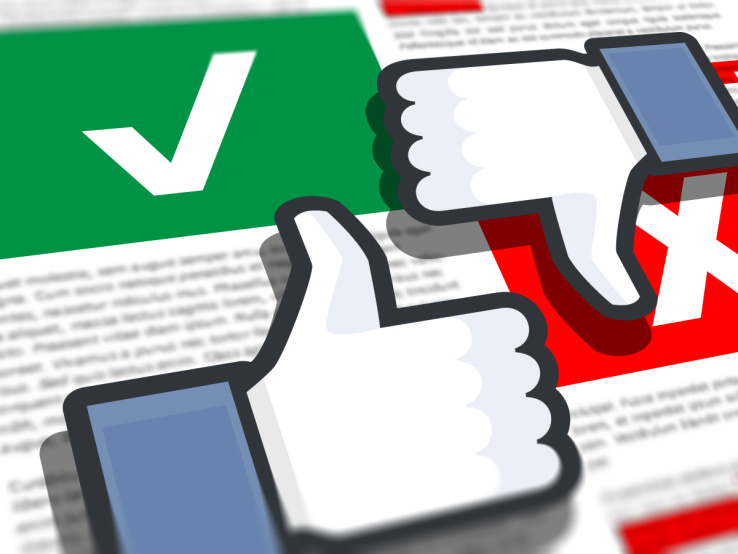

Austria’s Supreme Court is referring a legal challenge over the extent of Facebook’s responsibility to remove hate speech postings to Europe’s top court for an opinion (via derStandard.at). The case has clear implications for freedom of speech online.
The original lawsuit against Facebook was filed by the former leader of the Austrian Green Party, Eva Glawischnig, in 2016, after she had sought to have what she claimed were defamatory postings removed from the site (and Facebook had refused to take them down).
Last May an Austrian appeals court found in her favor, ruling that Facebook must remove the hate speech postings — both the original posts and any verbatim repostings of the same comments — and also must do so worldwide, not merely geoblocking access to them in Austria.
Austria’s Supreme Court has now referred the latter question to Europe’s top court, the ECJ, for a legal opinion. It’s also seeking a verdict on whether Facebook has a duty to seek out and remove similar (but not exactly verbatim) hate speech postings against a person who has been targeted with such comments — which would significantly widen the responsibility being placed on the social network to police the speech of its users.
At the time of writing Facebook had not responded to a request for comment on the case.
In Germany a new law hate speech law applied to social media platforms is actively being enforced as of this month. Although online content removed under the law is only being done so locally in Germany — a factor which could be changed in future, depending on the ECJ’s ruling on the Glawischnig referral (it’s likely to take the court well over a year to issue a opinion).
At the EU level, the Commission is keeping up public pressure on online platforms over illegal content takedowns — and this week commissioners reiterated support for automatic detection and filtering techniques to speed up takedowns. Though critics argue this is a disproportionate response to tackling hate speech online.

